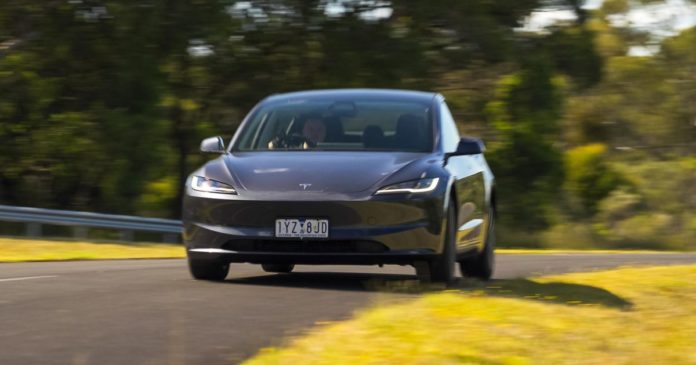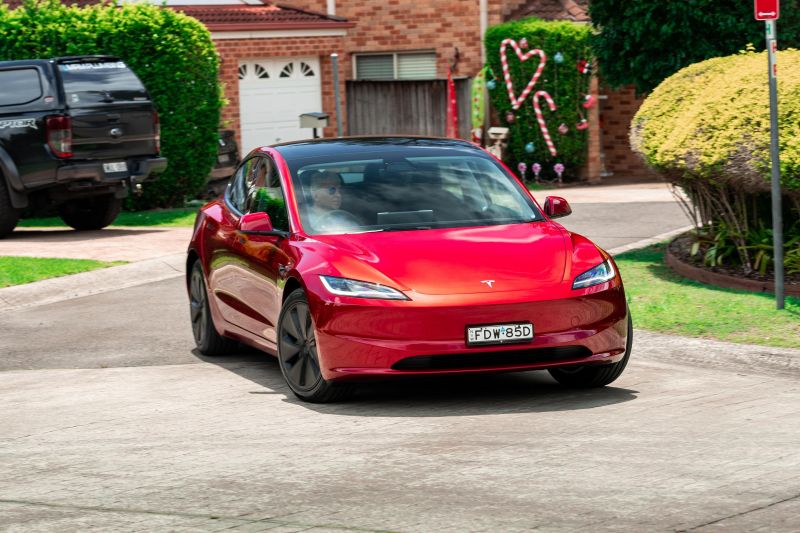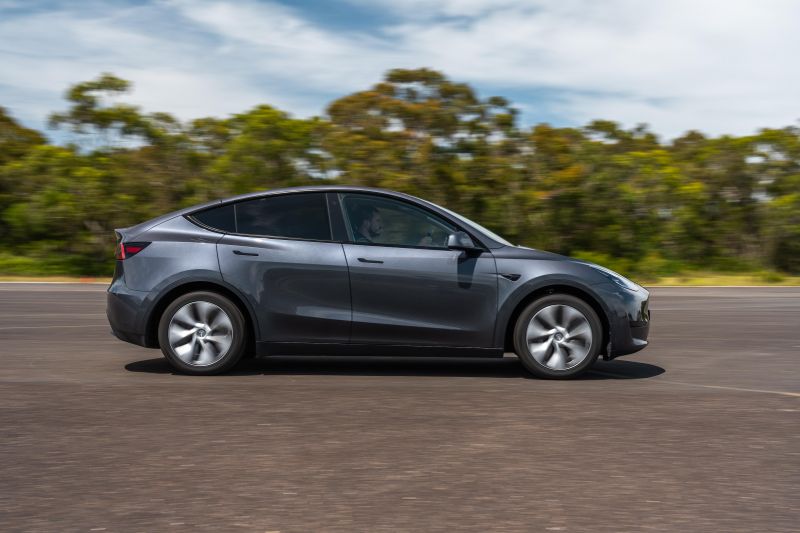The Chinese Government has reportedly given tentative approval for Tesla to deploy its so-called Full Self-Driving (FSD) semi-autonomous driving technology in the country.
The Wall Street Journal reports word from unidentified sources that the government has given conditional approval for the rollout of the technology, after CEO Elon Musk’s recent meeting with Chinese Premier Li Qiang.
Tesla has reportedly also reached a mapping and navigation deal with Chinese tech giant Baidu, and met requirements for how to handle data security and privacy issues.
The company is reportedly seeking permission to transfer data collected from its cars in China to the US to train its driver assistance features, but The Wall Street Journal reports it would have to go through stringent approval processes international data transfer.
The China Association of Automobile Manufacturers, however, has said the Model 3 and Model Y have passed its tests and are compliant with Chinese data security requirements.
This could lead to Tesla vehicles being permitted to enter sensitive Chinese military and government locations, which they currently are forbidden from doing.
Given Tesla offers FSD as not only an outright purchase but also as a subscription, the government’s approval opens a potentially large source of revenue for the company in China.
It could also help reverse a sales slide in that market, with sales in China of locally built models in the first quarter of this year down four per cent from a year ago against an overall EV market up 15 per cent.
FSD is a more comprehensive driver assist feature than Tesla’s Autopilot system, and brings with it the ability – at least in North America at present – to navigate city streets and make turns at intersections without driver input.
But it won’t be unique in China in offering this capability, with rival electric vehicle (EV) brands like Li Auto, Xiaomi and Xpeng boasting this.
Tesla warns that despite its name, FSD doesn’t make the vehicle autonomous, and it requires active driver supervision. It’s still regarded as a Level 2+ autonomous driving system, and not a fully (i.e. Level 5) autonomous system as its name would suggest.
It also relies on cameras, with Tesla having ditched radar and ultrasonic sensors and not investing in LiDAR – technology that has become fairly common among high-tech Chinese vehicles.
Tesla recently slashed the price of FSD in the US from US$12,000 (A$18,542) to US$8000 (A$12,361), and halved the cost of its monthly FSD subscription. It now costs US$99 (A$153).
The full suite of FSD technology is currently available only in North America, though you can add what Tesla calls Full Self-Driving Capability to its cars in Australia for $10,100.
Buyers in the US and Canada can take advantage of the full suite of capability, with the vehicle able to control steering and braking on city streets and stop for traffic lights and stop signs.
Australian-market vehicles with the FSD Capability option ticked don’t have auto-steer functionality, but do receive traffic light and stop sign detection not found in the brand’s Autopilot system.
In China, where FSD capability currently costs ¥64,000 (A$13,852), cars don’t yet have the ability to recognise and react to traffic lights and stop signs.
Teslascope, which tracks Tesla software updates, reported earlier this year that FSD was being tested by Tesla in Australia and over a dozen other countries.
MORE: Everything Tesla



